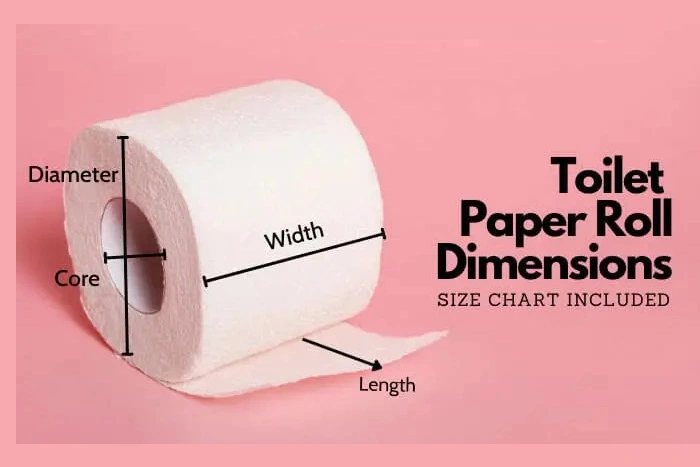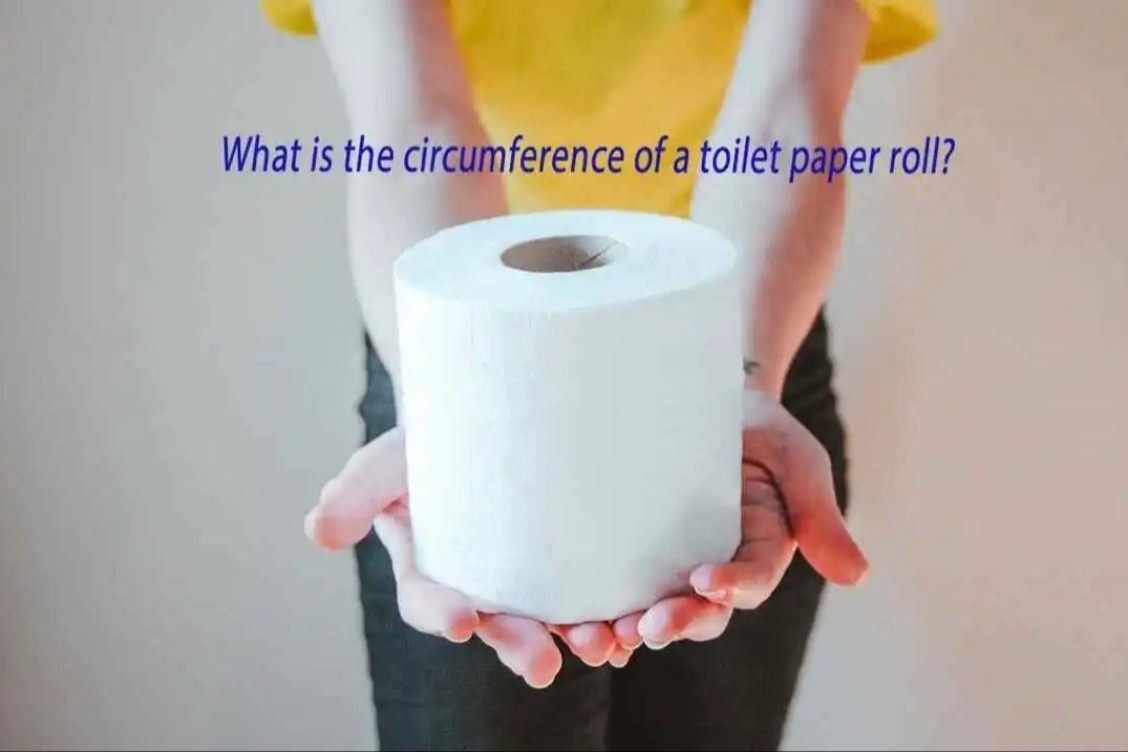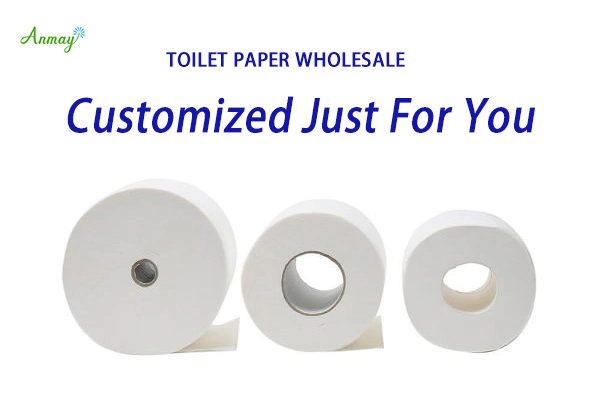In today’s environmentally conscious world, many people are looking for ways to reduce their carbon footprint and make more sustainable choices. One area that often gets overlooked is the use of paper napkins. While they may seem harmless, the truth is that not all paper napkins are created equal when it comes to compostability. In this article, we will explore the compostability of paper napkins and provide some tips for making more eco-friendly choices.
What Makes a Napkin Compostable?
by Siora Photography (https://unsplash.com/@siora18)
Compostable napkins are made from materials that can break down into natural elements in a composting environment. This means that they are free from harmful chemicals and can be safely added to a compost pile without causing harm to the environment. Compostable napkins are typically made from materials such as unbleached paper, bamboo, or other plant-based fibers.
Are All Paper Napkins Compostable?
Unfortunately, the answer is no. Many paper napkins are made from bleached paper, which contains harmful chemicals that can leach into the soil and harm plants and animals. Additionally, some paper napkins are coated with plastic or other non-biodegradable materials, making them unsuitable for composting. It is important to read the packaging or do some research to determine if the paper napkins you are using are compostable.
How to Tell if a Napkin is Compostable
One way to determine if a napkin is compostable is to look for a certification label. The Biodegradable Products Institute (BPI) and the Compost Manufacturing Alliance (CMA) both have certification programs for compostable products. If a napkin has one of these labels, it has been tested and proven to be compostable. Another way to tell is to look for key words on the packaging, such as “unbleached” or “made from plant-based materials.”
Tips for Making More Eco-Friendly Choices
- Look for napkins made from unbleached paper or plant-based materials.
- Avoid napkins with plastic or other non-biodegradable coatings.
- Check for certification labels from BPI or CMA.
- Consider using cloth napkins instead of disposable ones.
- If you must use disposable napkins, opt for compostable ones.
The Benefits of Using Compostable Napkins
Aside from being better for the environment, there are other benefits to using compostable napkins. For one, they are often made from more sustainable materials, such as bamboo, which is a fast-growing and renewable resource. Additionally, compostable napkins can help reduce the amount of waste in landfills, as they can be safely composted instead of taking up space in a landfill.
Conclusion
In conclusion, not all paper napkins are created equal when it comes to compostability. It is important to do your research and make more eco-friendly choices when it comes to using napkins. By opting for compostable napkins, you can help reduce your carbon footprint and make a positive impact on the environment. So next time you reach for a napkin, remember to consider its compostability.






